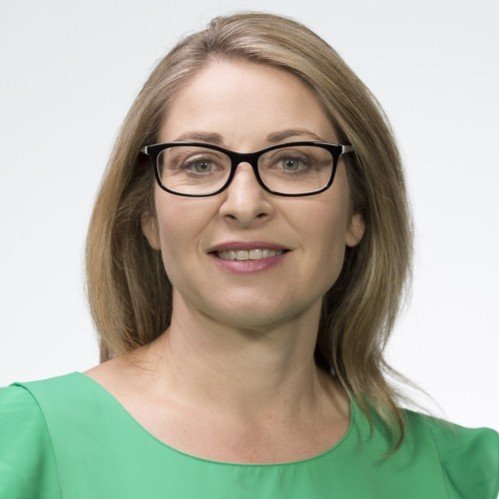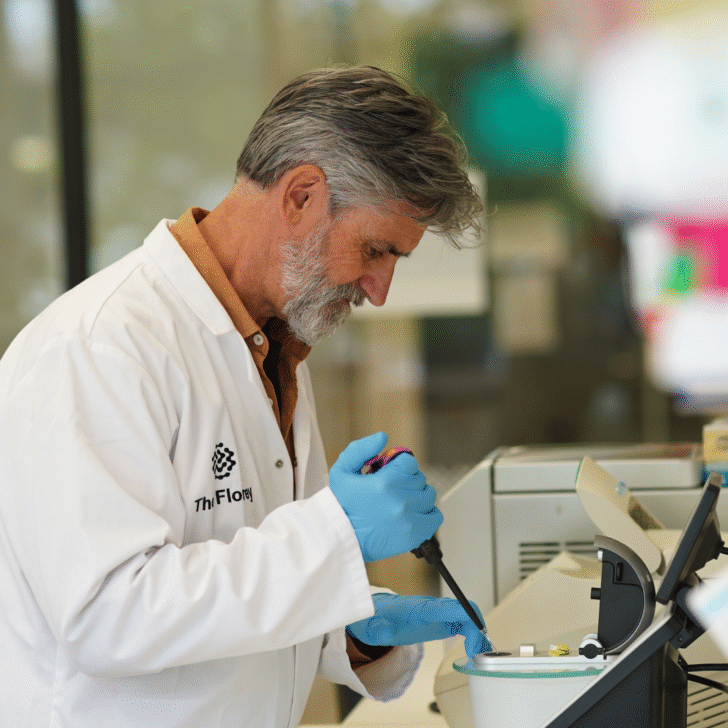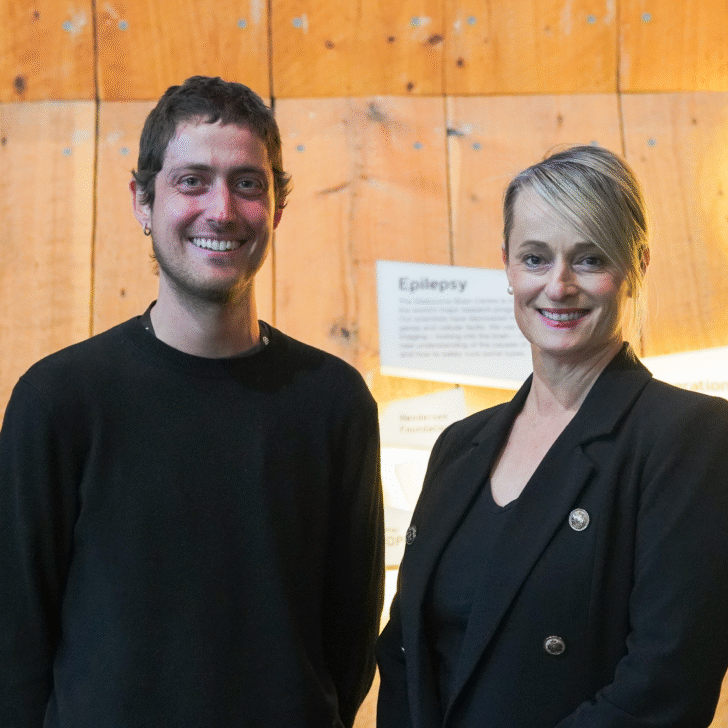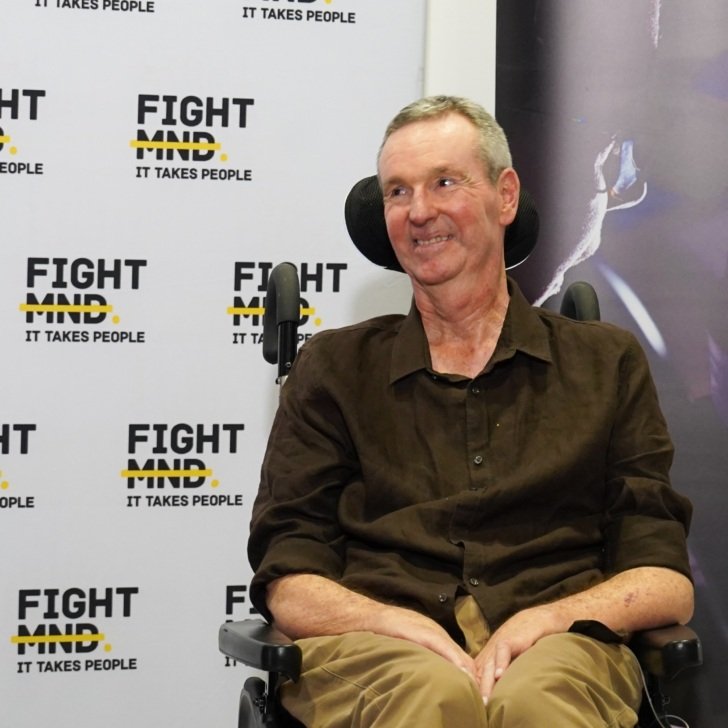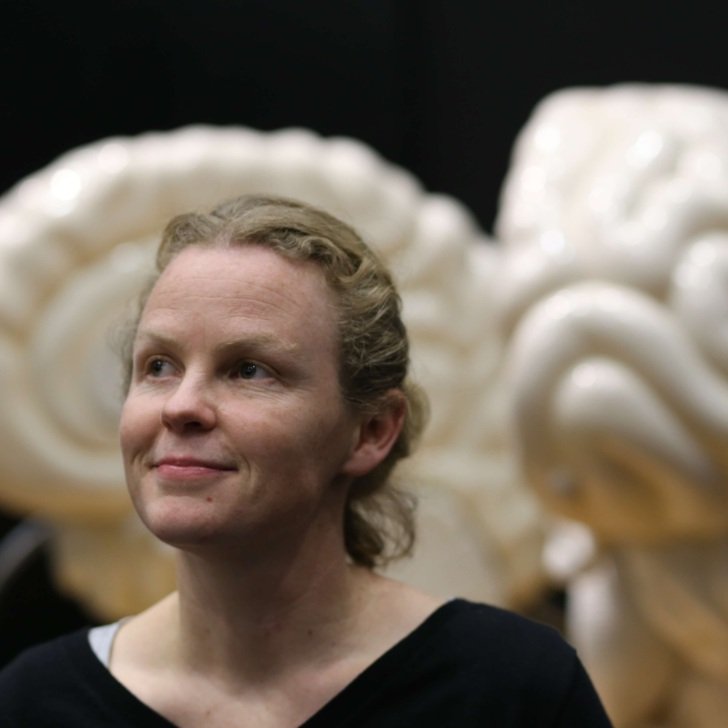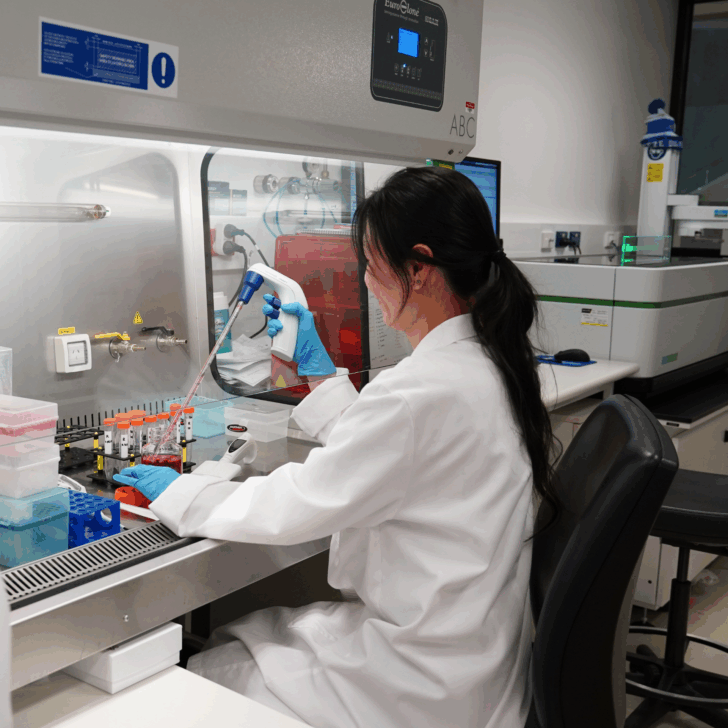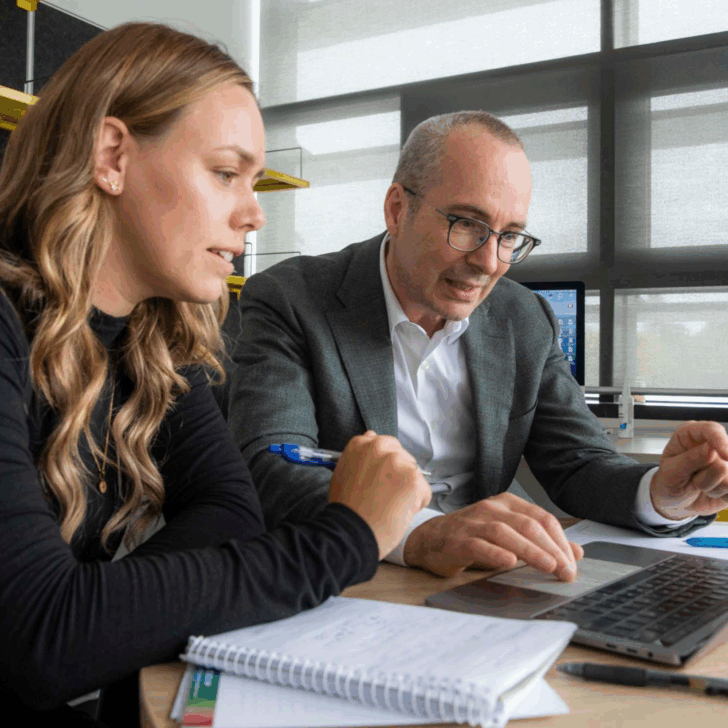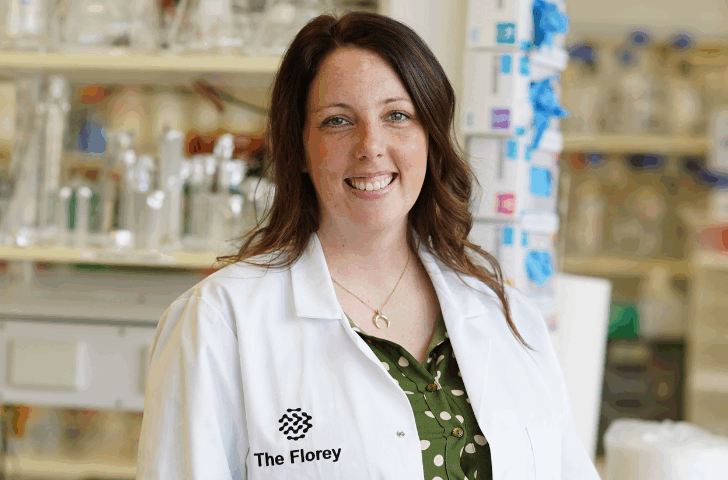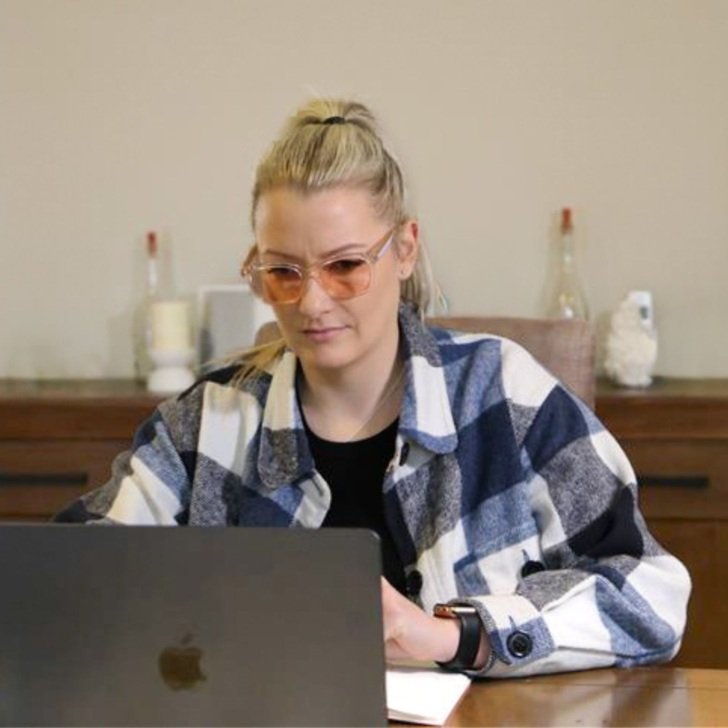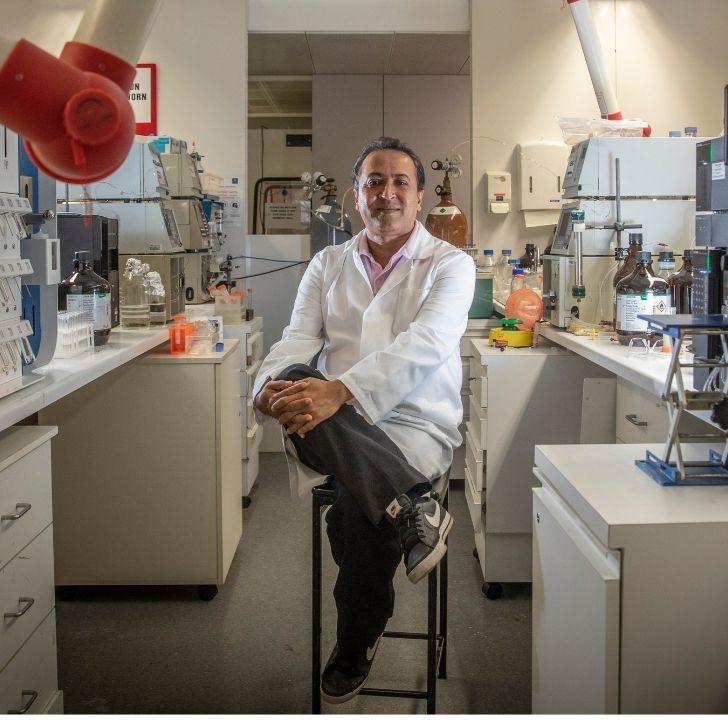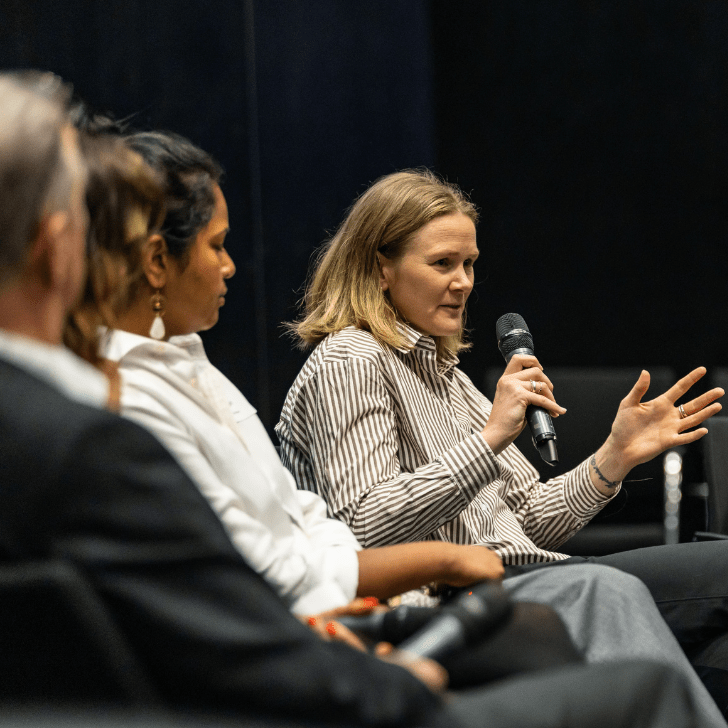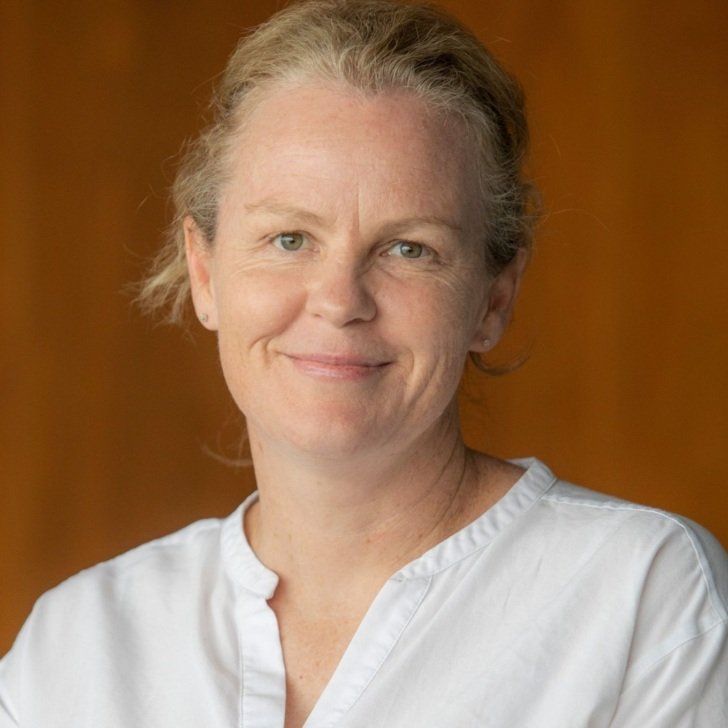- Brooke Parsons is a Consumer Consultant for stroke projects at The Florey, including the Young Stroke Service.
- Brooke is a stroke survivor and received her diagnosis at age 13.
- Now a speaker and advocate, Brooke shares what it means to support people with disability in leadership.
A voice for others
This year’s theme for the United Nations’ International Day of People with Disability (IDPWD) is ‘Amplifying the leadership of persons with disabilities for an inclusive and sustainable future’.
The inclusion of perspectives of people with lived experiences of the conditions we study has long been an integral part of research and its translation into real-life outcomes.
But there is always more we can do and understand to contribute to a society with meaningful inclusion, especially for people living with disability.
We sat down with Brooke Parsons, stroke survivor and Consumer Consultant of The Florey’s stroke projects, to discuss her experience and insights into amplifying the voices and leadership of persons with disabilities.
Q: Brooke, thank you for your time today. Would you like to start by introducing yourself?
I’m Brooke. I am a daughter, sister, aunt, cousin and niece. I am a loyal friend, an employee, and a volunteer.
Also, I am a stroke survivor and fierce advocate, shaped by the challenges of living with the side effects of a stroke since a vulnerable age of 13.
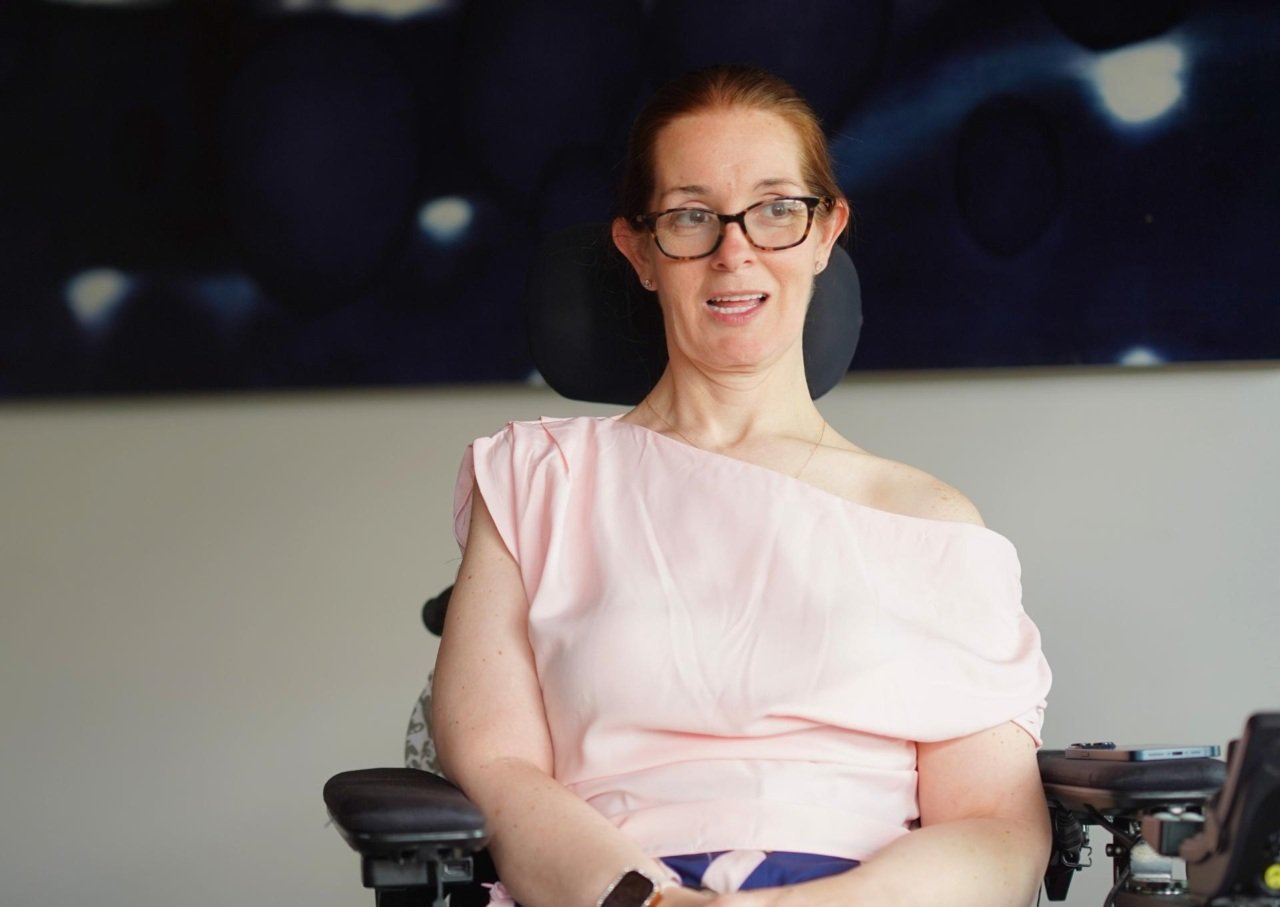
Q: How has your experience led to your role at The Florey?
At The Florey, I am the Consumer Consultant within the Young Stroke Service and the wider Stroke Theme. I provide insights and unique perspectives based on my lived experience with stroke, for stroke-related projects that aim to improve patient care and outcomes.
My work helps bridge the gap between research and real-life impact, ensuring the voices and needs of those affected by stroke remain at the forefront of these initiatives.
Q: Could you describe your journey of growing into this position of leadership, from the moment you were diagnosed?
The journey into leadership probably started before I had my stroke. I played the flute at school, and I’d always want to be the first flute. I was the loudest flute, and I’d always want the solo. So to give you an idea, I think I always had a leadership burn inside of me.
Playing the flute might have disappeared after the stroke, however my burning desire for leadership had continued. The journey since then – over the last 3 decades! – has been one of resilience, learning and growth.
My personal experience of navigating life after a stroke at only 13 greatly shaped my understanding of strength and adaptability, teaching me over the years how to persevere and maintain empathy.
After overcoming countless surgeries and obstacles, I then dedicated myself to helping others navigate similar journeys.
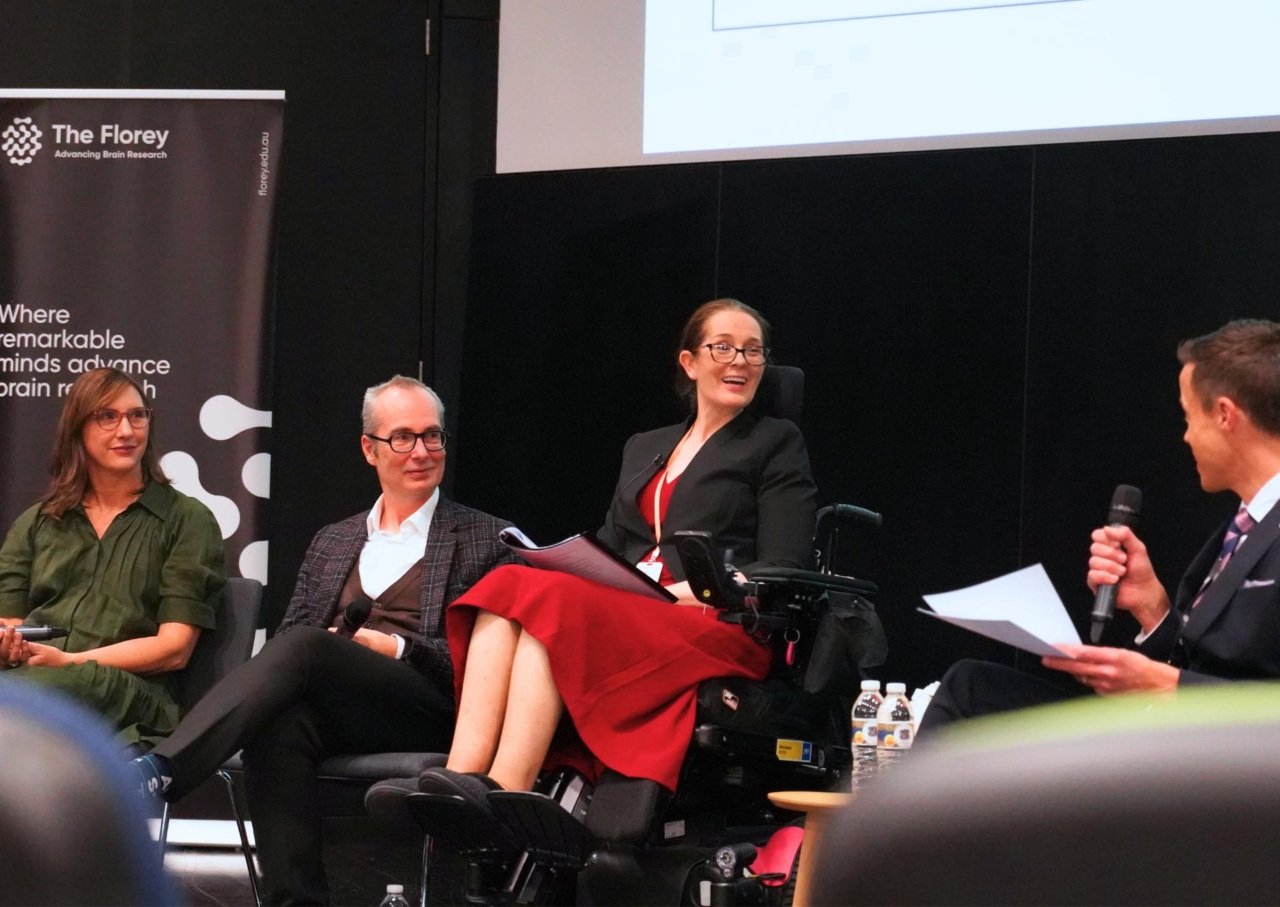
Gradually, I moved into roles that allowed me to advocate for patient-centred care, providing insights into healthcare projects while inspiring hope and change in others.
Here at The Florey, I have been privileged to work with some incredible mentors and supporters, including Professor Vincent Thijs and Professor Julie Bernhardt of the Stroke theme.
My life’s work is to make a difference in the lives of those impacted by stroke and disability.
I offer support and the belief that we are all greater than our struggles – reminding them, and myself, that we are defined not by our limitations but by our determination to keep moving forward.
Q: Based on your experience and from working with various lived experience contributor groups, what is something not many people know about disability?
One thing is that disability often comes with invisible challenges.
Disability is so much more than the physical limitations. Living with a disability can involve daily fatigue or managing complex medical needs that aren’t always outwardly apparent.
This includes barriers such as securing accessibility, dealing with others’ misconceptions and advocating for your own necessary support.
Education is critical – it’s about helping our community recognise that disabilities aren’t always visible.
People with conditions like chronic pain, mental health conditions, neurological disorders or autoimmune diseases face real-life challenges even if they aren’t apparent.
Q: Speaking on this year’s theme of IDPWD, do you think we as a society can better champion persons with disability in and towards leadership?
“Amplying leadership of persons with disabilities”, to me, reflects a powerful commitment to meaningfully promoting equality and valuing diverse perspectives.
This means recognising the unique strengths that people with disabilities could bring to leadership roles.
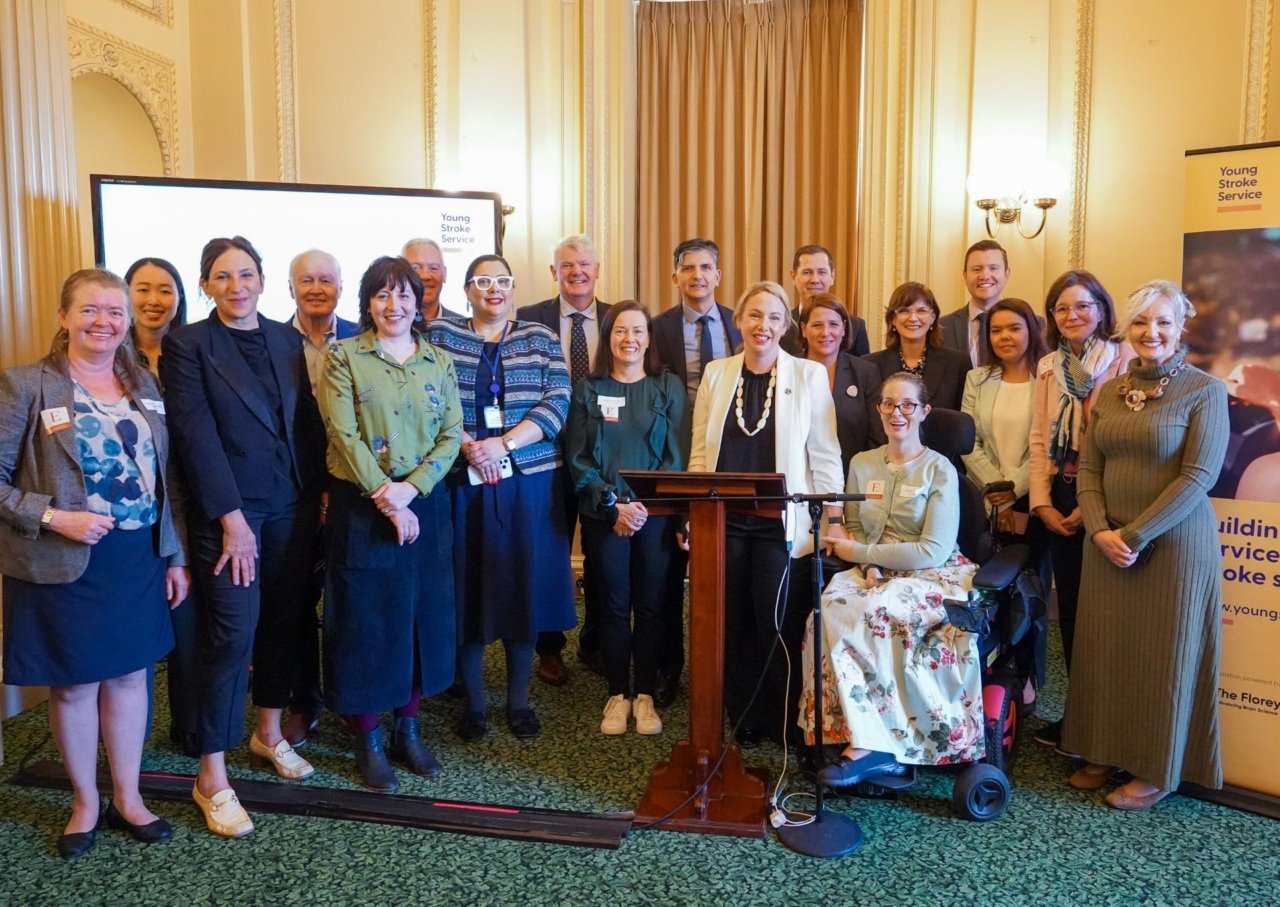
Inclusion is important, but it’s about creating a future where we’re not only included, but the ones actively shaping the conversations, policies and decision that impact our lives.
And the vision goes beyond tokenism. Global challenges – from healthcare to accessibility, even social justice – require diverse leaders who understand the wide range of human experiences. Coming from the challenges I’ve previously mentioned, people with disability often become skilled problem solvers and advocates.
For me, amplifying leadership in this way is both my personal mission and a reminder of the greater purpose behind our collective efforts, including at The Florey.
Q: And finally, what motivates you in your work?
What motivates me is the opportunity to make a meaningful difference.
I’ve walked a difficult path. But my work is fuelled by the knowledge that every voice uplifted brings hope to someone who may feel they are fighting alone.
Each day, I’m reminded of that and feel deeply blessed to be a part of a journey that transforms pain into possibility. It brings hope that we can collectively create a world where everyone has the chance to rise, be heard and lead.

